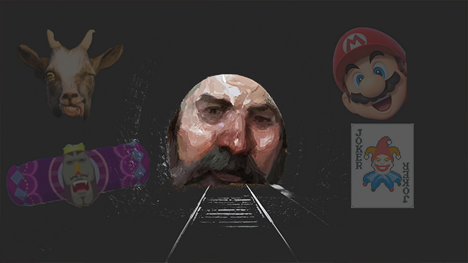
Read More from GDC 2024 | Keep up with the latest game industry event coverage from GDC 2024, including news, talks, interviews, and more from the Game Developer team.
Warren Spector says the next logical step for immersive sims is multiplayer
The Deus Ex director is still taking inspiration from tabletop with Otherside Entertainment's Thick as Thieves.
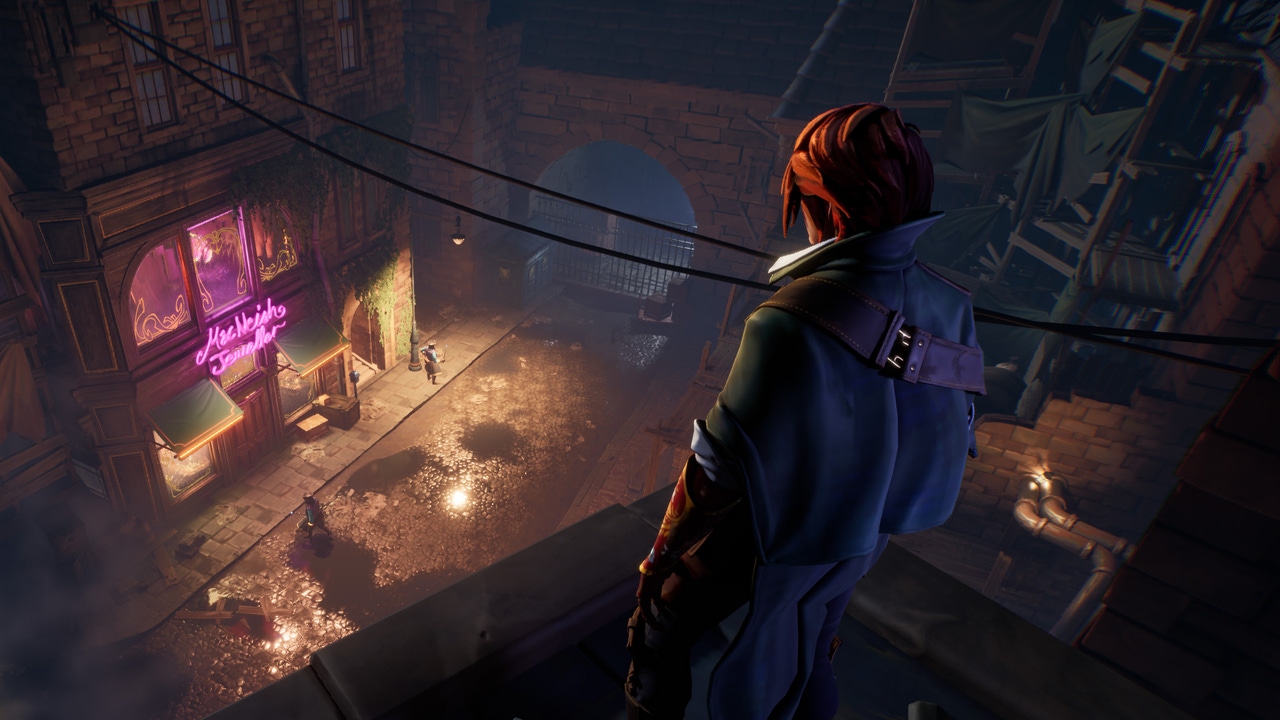
At a Glance
- The immersive sim genre is beloved for how it lets players explore open-ended solutions to problems.
- Creative Director Warren Spector and OtherSide Entertainment are making a multiplayer immersive sim called Thick as Thieves.
- Spector says long-running tabletop roleplaying campaigns were an inspiration for this "thief versus thief" multiplayer game.
Famed creative director Warren Spector still wants to break new game design ground in the world of immersive sims. He and his colleagues at Otherside Entertainment are finally revealing details about the post-System Shock 3 games they've been working on, backed by funding from Aonic Group and its new publishing arm Megabit.
The first is Thick as Thieves, a "thief versus thief" or "TvT" immersive simulator where players compete to steal treasure in open environments. Players sneak or brawl their way through a fantasy world as they would in...well, Thief: The Dark Project (directed by OtherSide vice president of product Greg LoPiccolo). They find the loot, they get the loot, they bring the loot back to their base—but all the while, another player is lurking around the same back alleys and crawlspaces, trying to get the treasure for themselves.
Developers familiar with immersive sim development (or who are just fans of the Deus Ex, Thief, and Dishonored games) might be knocked off guard by the multiplayer angle. Can the complexities of the famously open-ended immersive sim genre work in an online environment?
The answer to that question isn't just "yes," according to creative director Warren Spector. In a conversation at the 2024 Game Developers conference, he explained that it's "the next logical step" for the genre.
Why? According to him, it has to do with player-authored stories, inspiration from the world of tabletop roleplaying games, and exploring new means of online interaction in a 3D space.
Tabletop roleplaying games still inspire Warren Spector
In 2017 Spector told a room full of GDC attendees that the origins of Ion Storm's Deus Ex began with a Dungeons & Dragons tabletop roleplaying campaign. He said he was "a little embarrassed" to admit this at the time, but with D&D roaring into greater popularity than ever in 2024, he looks to have been ahead of the curve in understanding how its open gameplay would resonate with players in other mediums.
Seven years ago he said his mission in life has been to "recreate that feeling" he had around the table, and with Thick as Thieves, he's finally tackling the multiplayer element that gives every tabletop campaign that breath of life.
Spector said there are two elements that make party-driven storytelling such a joy for players. First, there's the group of people telling a story together—the game master may set the stage and stand in for NPCs and enemies, but it's players who decide together how to interact with those characters (speaking from personal experience. The number of players who will try to smooch a final boss instead of slay them is really really high).
The next element is the length of the campaign. Tabletop role-playing campaigns can last as long as a single session or go on for weeks, months, or even years. Immersive sims, Koster said, can absolutely capture that energy.
"The next area of innovation is to take immersive sims into the live ops world. For most people, it's just a business model. For us, it's a creative choice." He expressed amazement at the fact that the creative and business sides of this idea came together in a way that "wouldn't have been possible a few years ago."
LoPiccolo said the studio is also experimenting with what he calls "behavioral immersive simulation." The classic design logic of immersive sims focuses on the interaction of physical objects in the game world. "What we're pursuing here is a little bit more social," he said, describing how NPCs in the game will be scripted to respond to a wide range of interactions. "There's guards you can bribe, or fences you can get information from. A lot of the gameplay is about collecting information and using it to your advantage in this social world where there are a lot of NPCs and a lot of information flying around."
This thinking also applies to the player-versus-player end of the game as well. "We'd like to give players agency to approach other humans in different ways," he said. He explained that players aren't necessarily "opposed" to each other. They have space to avoid each other, they can stalk each other, knock them out, and take their things—but they can also cooperate in the moment and choose to betray or not betray them later.
"Part of the simulation is the human interactions in the world," he said. "We're experimenting with tools to let [players] communicate in simple ways back and forth."
"It's really a simulation that we drop a set of thieves into."
Live service? In my immersive sim?
It has not been a great year for live service games. The juggernauts of the genre are as strong as ever but when publishers like Electronic Arts are laying off developers on games as profitable as Apex Legends, you get the sense that there's something in the water. To see Spector excited about the space in such hard times was surprising. So we asked him how the studio plans to execute such an ambitious business model.
"I'm the creative guy, I don't think about that," he replied with a deadpan tone.
Thankfully Otherside CEO Paul Nerath was sitting to his left, and jumped in to bolster Spector's explanation of creating an ever-evolving campaign. "We're starting to lay out plans where the game might ship with a couple of [explorable] neighborhoods at launch, but then we could add more neighborhoods so there would be more areas of the city to explore," he said, adding that given enough time, Otherside might explore adding whole new cities with neighborhoods of their own to the game.
He also said they're exploring adding more thief characters to the game so players can explore new playstyles and game mechanics. Each playable thief also has their own storyline in the game world, giving the team more narrative elements to mix and match in the neighborhoods.
Nerath seemed aware that there's been growing discontent from players on the pricing of live service games, and said Otherside wants to provide "real value" to players who keep investing in Thick as Thieves. "It's not about trying to extract more dollars from monetizing this...we want to engage players over months and years."
He said once players have a sense that there's a steady stream of content coming, with new neighborhoods, thieves, or tools arriving every three months, they'll start looking forward to such updates and how the game can evolve and expand.
"If you're offering value—and a bunch of that is free content—I think you can really make something people want to stick with."
Spector and his colleagues at Otherside are often celebrated for breaking new ground in game design—and according to him, Thick as Thieves isn't the only game they want to keep innovating with. "There are two games [mentioned] on our website," he said, with a brief glance toward his PR handlers.
One of those games is Thick as Thieves. But the other? "All I will tell you is they're taking very different approaches to an immersive sim," he said. He said what he and his colleagues at Otherside want to do is show that the genre is "much broader and more varied" than the classic "sneak or fight" dynamic the genre has evolved into.
"We're taking different approaches to the concept and Thick as Thieves is the first one out the gate with those new ideas."
Game Developer and Game Developers Conference are sibling organizations under Informa Tech.
About the Author(s)
You May Also Like



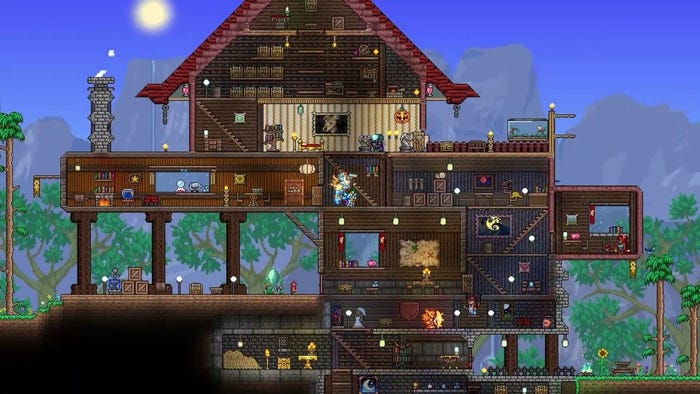
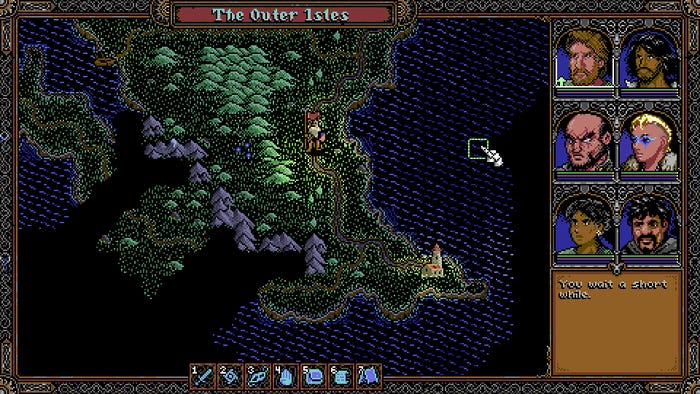


.jpeg?width=700&auto=webp&quality=80&disable=upscale)


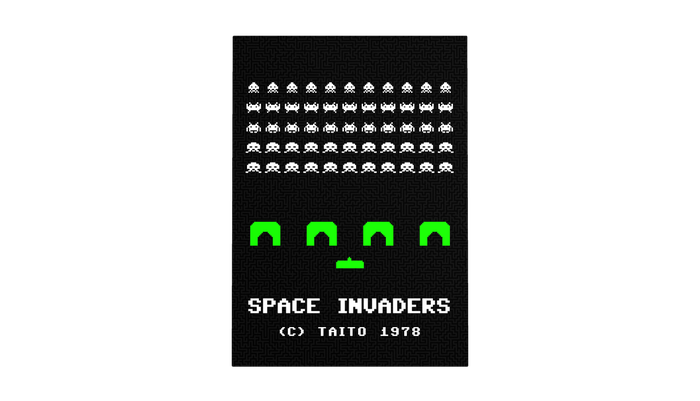
.jpg?width=700&auto=webp&quality=80&disable=upscale)
